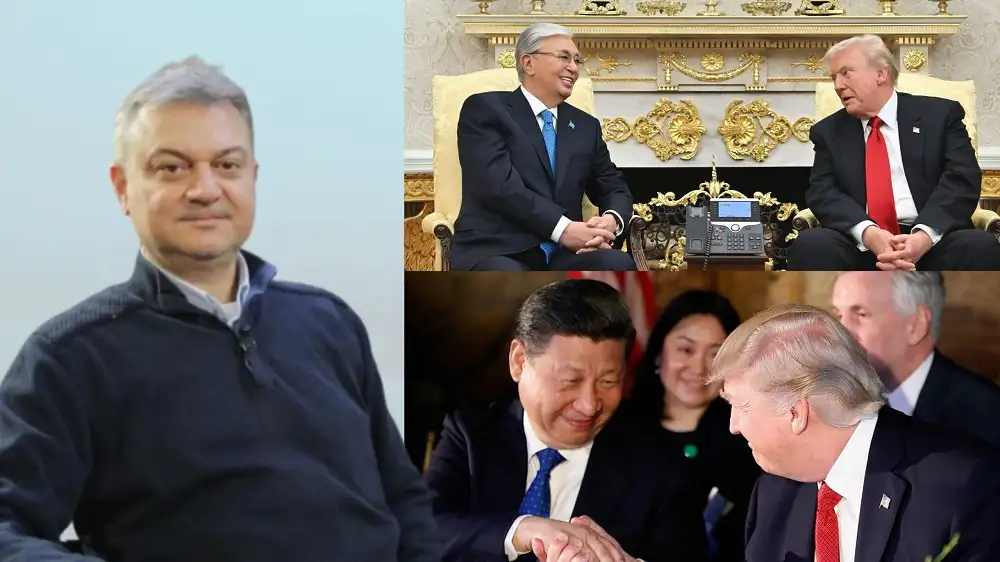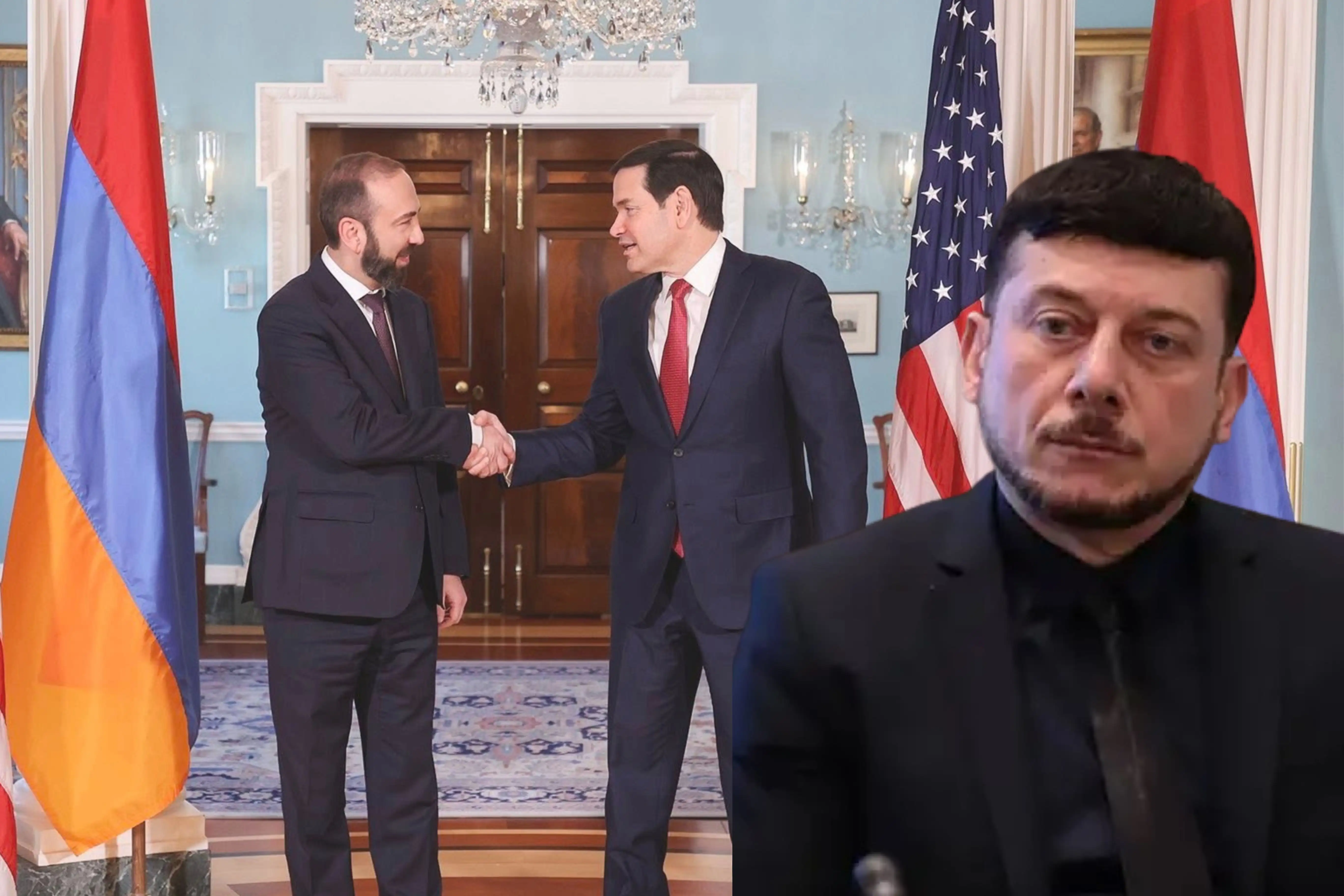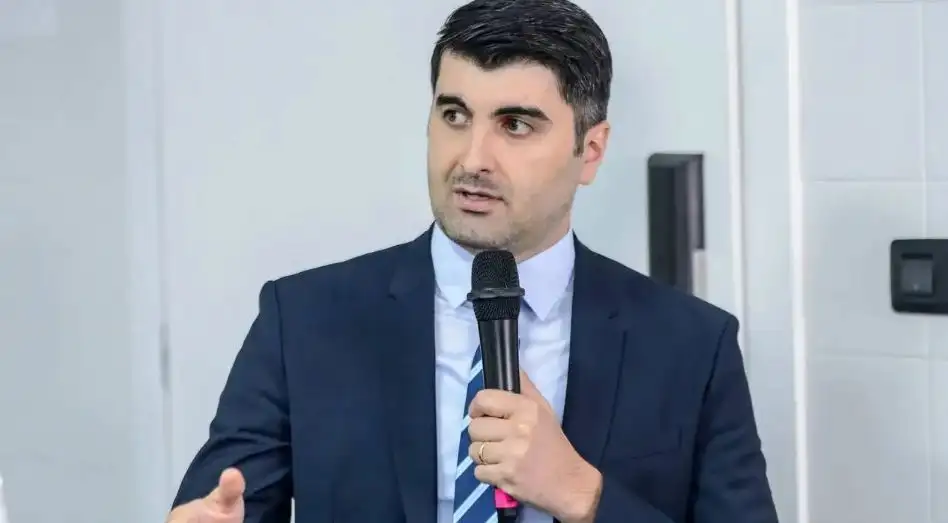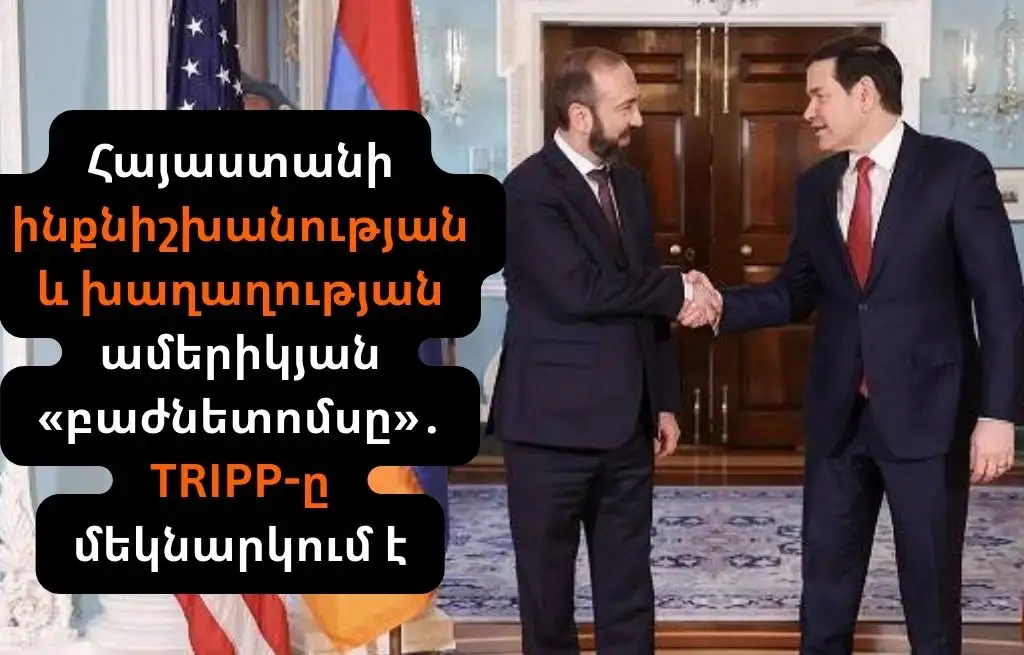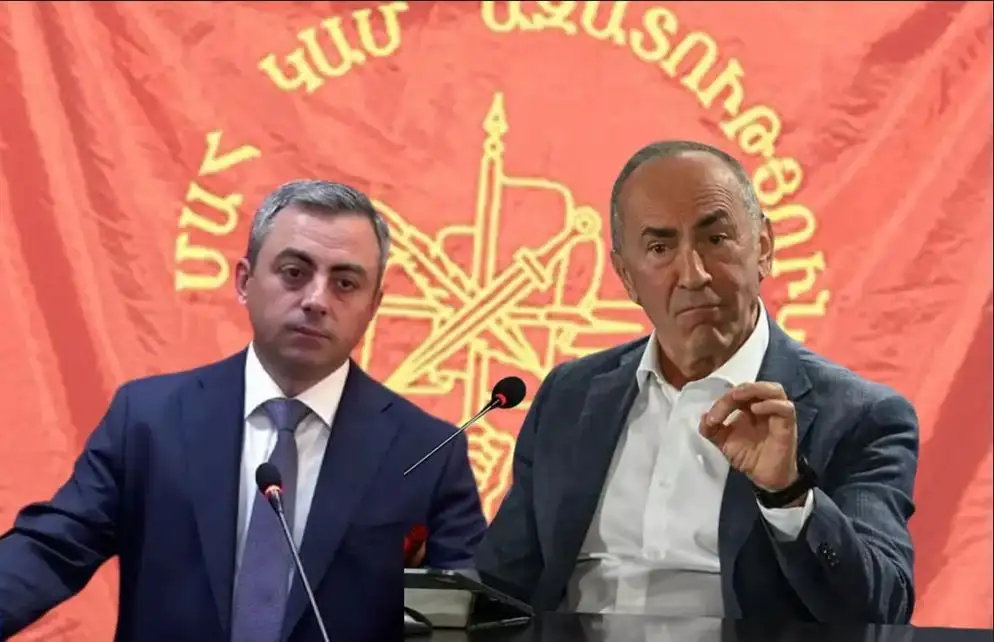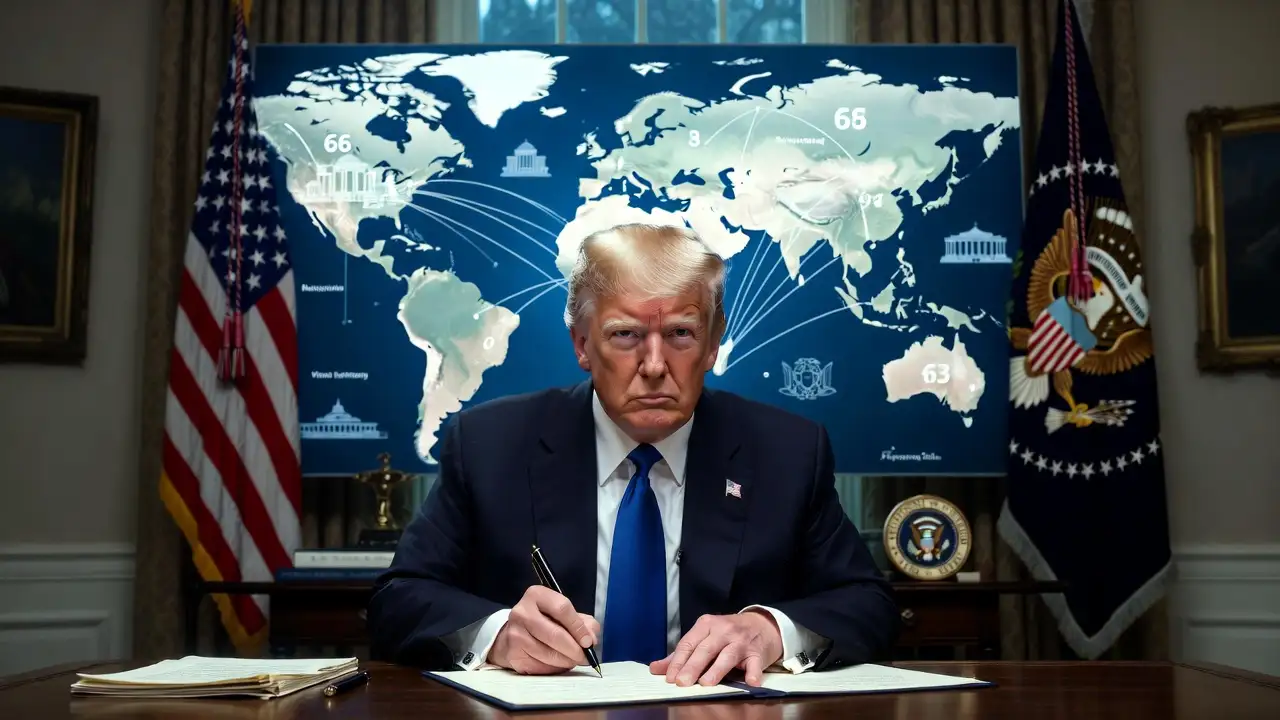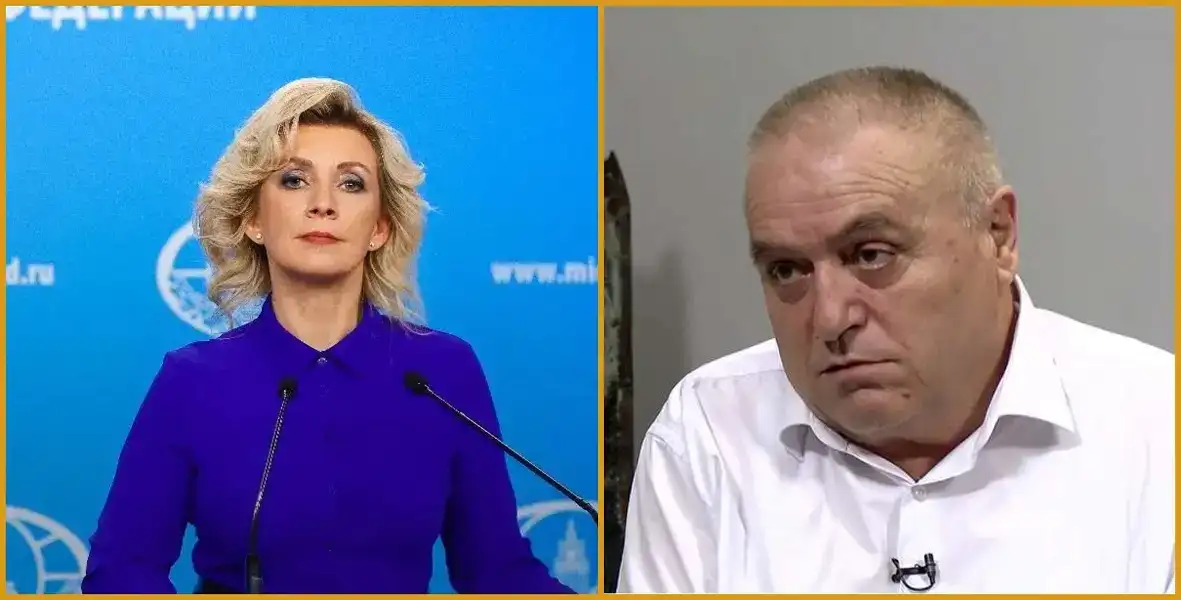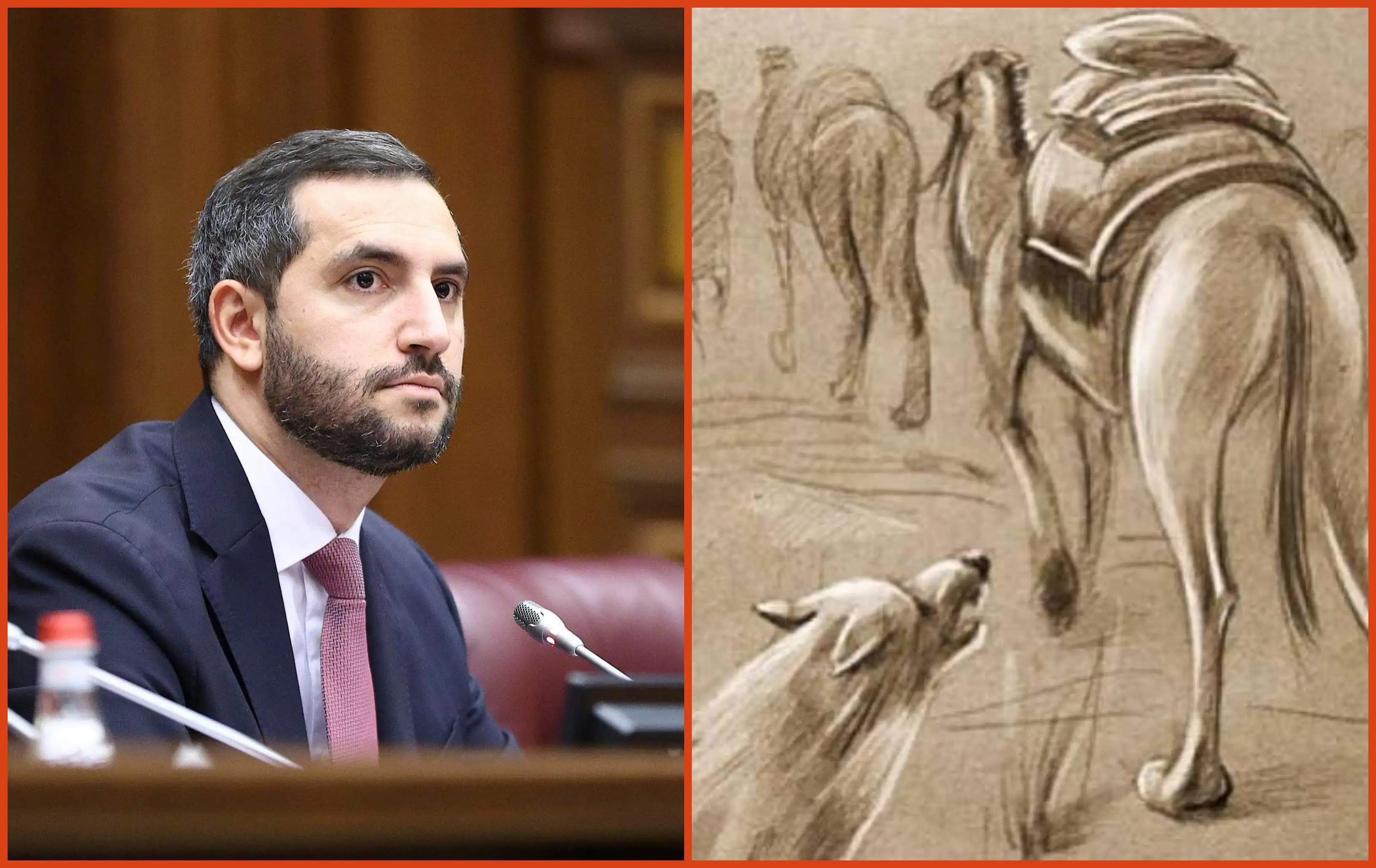Radar Armenia's interlocutor is international affairs expert Shahan Gandaharian.
- I would like to address the visit of the President of Kazakhstan to the US. What does this mean? Is the US expanding its interest in the East?
- The visit should be viewed in terms of the US-Central Asia relationship, as a counterbalance to attempts to draw a China-Russia economic and political axis. Or rather, to prevent it. And yes, the US is also expanding its geographical presence for this purpose.
- What is the US interested in, and what results can the US achieve?
- The results will definitely be economic. Kazakhstan is rich in rare minerals. The competition between economic poles is obvious. In this regard, Kazakhstan has a rich subsoil, which has been identified as a target environment by the US.
- Is China a competitor or an ally for the US here? How will China, as a superpower, react?
- China is both a competitor and a collaborator. The US and China are economically interdependent. They have common interests. That is why they are competing and cooperating.
- At the same time, it seems that the talk about nuclear weapons testing is intensifying. Russia and the US seem to intend to conduct such tests. How will this end?
- The transition from rhetoric to the testing phase speaks of the continuation of tension. There will not be a transition beyond the test. The red lines will not be crossed. They will return to dialogue, to the negotiation process for a ceasefire. This does not mean that a truce or general agreement will be established. Control mechanisms will continue to work to sustain the war that is raging.
- Why did the parties decide to take such steps, and what consequences will this have on the Russian-Ukrainian war?
- There will be no turning point. There will be no sharp escalation of operations, nor will there be a ceasefire. Military clashes will continue in this way. For the most part, Washington and Moscow have not yet reached an agreement. Only then will there be a turning point.
Arman Galoyan




